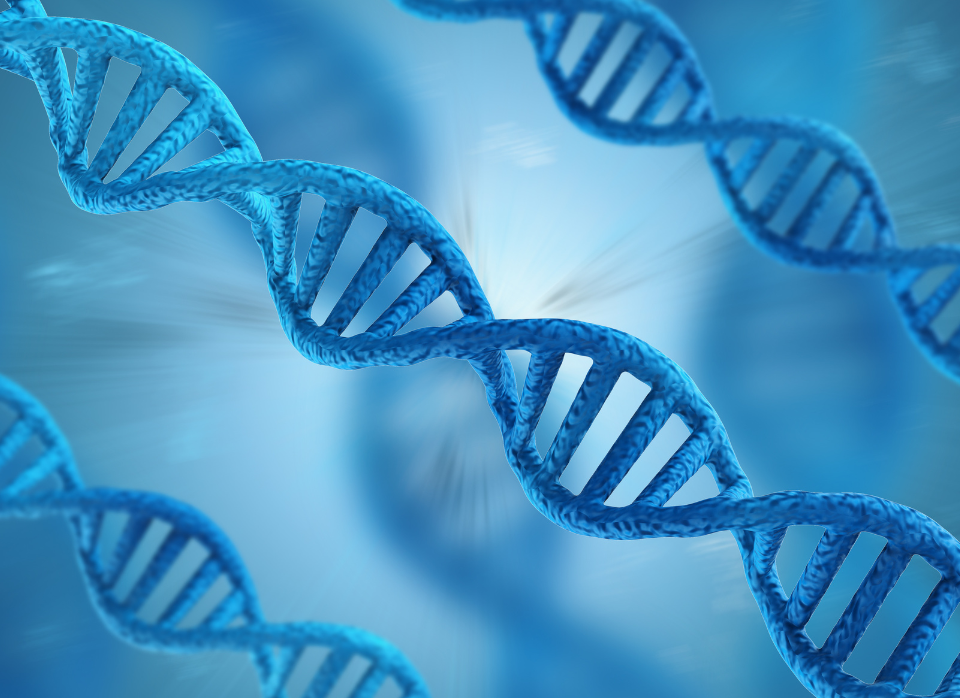
Can Adults Have Avoidant Restrictive Food Disorder (ARFID)? Understanding ARFID in Adulthood
October 24, 2024
Best Practices for Coping with Losing a Loved One to Suicide
November 4, 2024
Thanksgiving is a time for family, gratitude, and shared meals, but for those struggling with an eating disorder, it can be one of the most challenging holidays of the year. The holiday’s focus on food, large gatherings, and pressure to indulge can trigger anxiety, fear, and guilt for individuals dealing with conditions like anorexia, bulimia, or binge eating disorder. However, with proper strategies and support, enjoying Thanksgiving and navigating the holiday season healthily and mindfully is possible.
The Challenge of Holidays with an Eating Disorder
Holidays with an eating disorder can feel overwhelming. Thanksgiving, in particular, revolves around a large meal, which can heighten stress and discomfort for someone preoccupied with food, body image, or control over their eating habits. The pressure to eat in social settings, comments from well-meaning family members, and even the abundance of food options can be anxiety-inducing.
Common challenges that individuals with eating disorders may face during Thanksgiving include:
- Feeling out of control: A holiday focused on food can make someone with an eating disorder feel overwhelmed by the loss of control over what, when, and how much they eat.
- Food-related anxiety: The pressure to eat certain traditional foods or to eat more than they’re comfortable with can trigger anxiety.
- Body image concerns: Being surrounded by family and friends can increase self-consciousness or fear of being judged for appearance.
- Social isolation: Because of the focus on food, individuals with eating disorders may feel the urge to avoid gatherings entirely, leading to loneliness and isolation.
While these challenges are real, it’s essential to recognize that Thanksgiving doesn’t have to be an unbearable experience. By preparing mentally and emotionally, individuals can navigate the day in a way that prioritizes their well-being while still allowing them to enjoy time with loved ones.
How to Manage Thanksgiving with an Eating Disorder
1. Plan and Set Boundaries
Planning is one of the most effective strategies for managing Thanksgiving with an eating disorder. Whether attending a large family gathering or hosting a minor event, creating a plan can help you feel more in control. Communicate with close family members or friends about your concerns, and set boundaries around topics you’re uncomfortable discussing, such as comments about food or body image.
You can also make decisions about your meal in advance. For instance, consider what foods you’re comfortable eating and how you’ll handle pressure from others to eat more. Bring a dish you know you’ll enjoy to ensure a safe option.
2. Practice Mindful Eating
Mindful eating is a helpful tool for anyone dealing with food-related anxiety. Rather than focusing on how much you should eat or what others may be thinking, take the time to enjoy each bite and listen to your body’s hunger and fullness cues. This can reduce feelings of stress and prevent overeating or restrictive eating.
Mindfulness techniques, such as deep breathing or grounding exercises, can help calm your mind and bring your attention back to the present moment. This allows you to focus on the company of family and the spirit of the holiday rather than the food itself.
3. Have a Support System
Having a trusted support system during the holiday is key to managing an eating disorder. Share your concerns with someone close to you, whether a family member, friend, or therapist, and ask for their support in navigating the meal and social interactions. Having someone by your side who understands your struggles can help ease anxiety and provide comfort.
If you have a therapist or counselor, schedule a session before or after Thanksgiving to discuss your feelings and work through any potential triggers.
4. Focus on Non-Food Activities
Thanksgiving doesn’t have to be all about food. Shifting your focus to other activities can help reduce anxiety and allow you to engage in the holiday meaningfully. Spend time catching up with loved ones, enjoying family traditions, or planning a post-meal activity like watching a movie or playing games. These non-food-related activities can remind you that Thanksgiving is about more than just the meal—it’s about connection and gratitude.
How to Overcome an Eating Disorder and Enjoy the Holidays
While navigating Thanksgiving with an eating disorder presents unique challenges, the ultimate goal is to find long-term recovery and learn how to overcome an eating disorder. Overcoming an eating disorder requires commitment, time, and professional help, but it is possible.
Some key strategies for overcoming an eating disorder include:
- Seeking therapy: Cognitive-behavioral therapy (CBT) is one of the most effective treatments for eating disorders. It helps individuals identify harmful thought patterns and develop healthier coping mechanisms.
- Building a support system: Having people who understand your struggles, whether through family, friends, or support groups, can make a significant difference in recovery.
- Developing balanced habits: Work with a dietitian or healthcare provider to establish a balanced relationship with food. Over time, creating structure and learning to trust your body’s cues can ease food-related anxiety.
- Being patient with yourself: Recovery is a journey, and it’s important to acknowledge that setbacks may happen. Being kind to yourself during the holidays and beyond can aid your long-term healing.
While holidays with an eating disorder can feel daunting, you don’t have to face them alone. You can enjoy Thanksgiving with your loved ones by planning, seeking support, and focusing on connection rather than food. And as you continue to work on how to overcome an eating disorder, each holiday can become a more positive and fulfilling experience.
_________________________________________________________________________________
Looking for treatment for an eating disorder, anxiety, depression, trauma, or postpartum mood disorder?
Evolve Counseling Services is a specialized team of Licensed Therapists providing treatment in Paoli.



